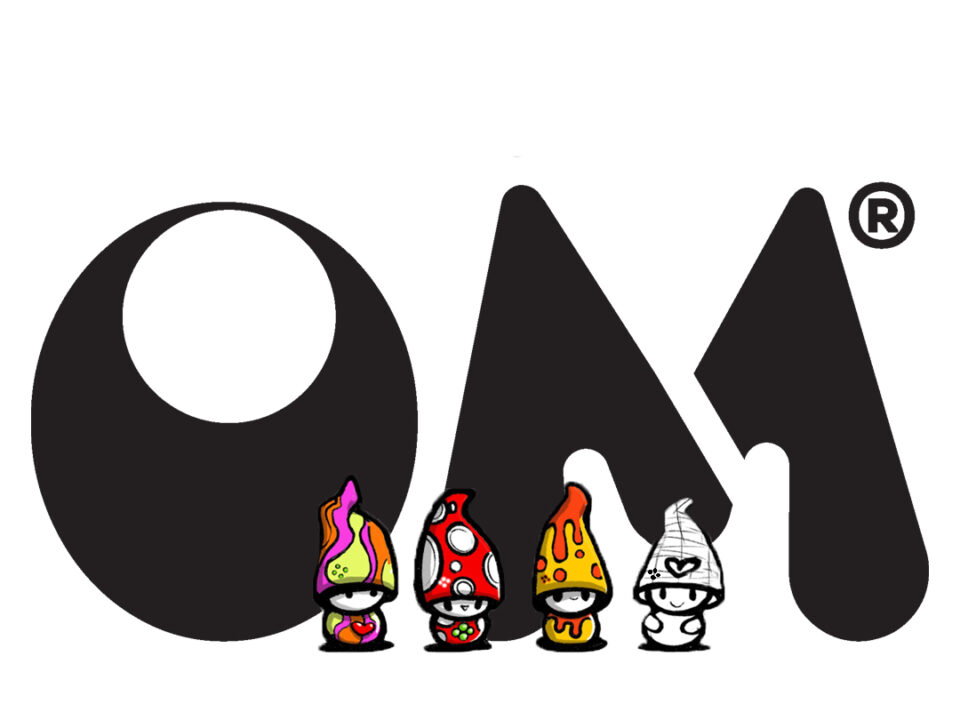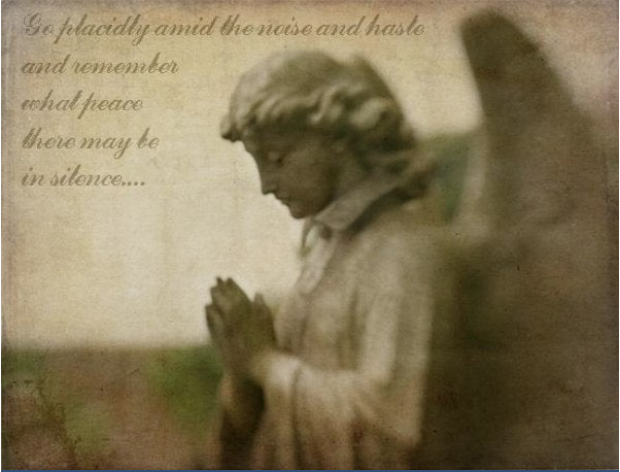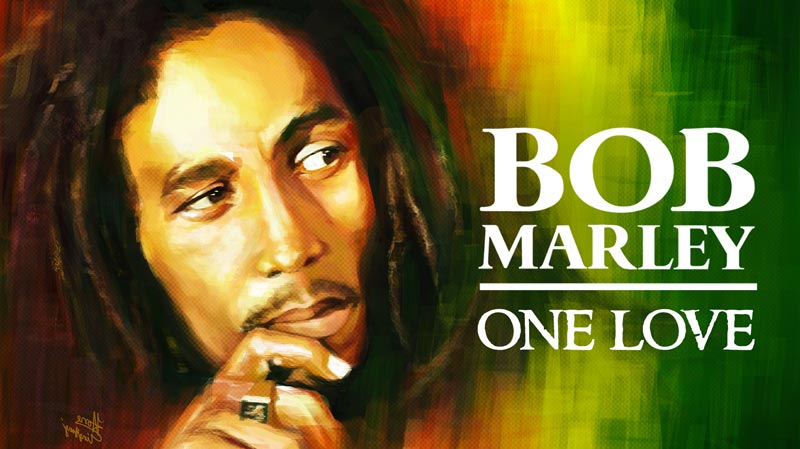OM alone 12.11.11
December 11, 2011Crystal, Christmas and the Random Acts of Kindness connection . . . .
December 15, 2011
Joseph Mohr had a problem.
His long-awaited carol service just hours away, the organ at St Nicholas Kirche, damaged during a storm that had prompted the menacing Salzach River to break its banks and flood its immediate environment, could not be mended.
It was Christmas Eve, 1818, and in the small Austrian village of Oberndorf bei Salzburg, the under-pressure Pastor needed music for his expectant congregation’s traditional midnight mass.
Pulling on his coat and boots and clutching a piece of paper covered in handwritten notes, Joseph Mohr set off for Arnsdorf bei Laufen, a neighboring town, three kilometers away, for there lived his friend, Franz Gruber, the organist and choir master at St Nicholas Kirche.
Franz Gruber had a guitar. Joseph Mohr had a plan.
In a matter of hours, the pair had a solution, a newly-composed carol, to be debuted that night, in Oberndorf bei Salzburg, before a congregation unwitting in their role in rewriting festive tradition.
For in combining Joseph Mohr’s poem – formulated and then forgotten, two years earlier, in 1816 – and Franz Gruber’s music, the imaginative Austrians changed Christmas forever.
Joseph Mohr called their collaborative effort Stille Nacht.
You’ll know it better, we’re sure, as Silent Night.
This sounds a little like a festive fairytale and it’s true that certain details might, perhaps, have taken on an apocryphal edge during a retelling that has been ongoing for nigh-on two centuries, but one thing is beyond question.
Silent Night is Christmas encapsulated, a carol known the planet over, a seasonal song sung in places near and far, an endeavour celebrated in Oberndorf bei Salzburg and beyond.
You see, Silent Night soon spread: Through The Tirol and into Europe, the mainland first and then as far as England. In 1839, on Christmas Day, it was performed for the first time in the United States, before the Alexander Hamilton Memorial, within the grounds of Trinity Church in New York. From that point on, it has been ubiquitous, its progress unstoppable, its influence obvious.
It has, en route, been translated into more than 300 languages and dialects, recorded countless times, the best-known, Bing Crosby’s 1935 version, having sold more than 30 million copies worldwide.
Just two singles have ever been bought in greater number than this, the song cobbled together that cold night in the schoolhouse at Arnsdorf.
From small acorns indeed.
In perhaps its finest hour, Silent Night was sung, in English, French and German, simultaneously, during the Christmas Truce in 1914, a carol known to soldiers on all sides.
Hostilities on hold, in that instant, complete connection; as legacies go, it’s beyond impressive.
You might not realize it, but Silent Night is rooted in connection, for long before the First World War, another conflict had been responsible for devastating lives.
In Austria, the Napoleonic Wars had caused borders to be redrawn, little consequence being paid to the communities altered beyond all recognition in the process.
One such community, Oberndorf bei Salzburg, a once-thriving town torn apart, the Salzach River forming a brooding border, its industries lost, its economy ruined, its depression inevitable.
It is this historical background that makes Silent Night all the more poignant, speaking, as it does in the original German version, of ‘freeing from wrath ….. salvation for the whole world …. love pouring forth …. (a) loving embrace for all the peoples of the world’.
In such a context, Joseph Mohr’s Stille Nacht is more than a mere Christmas carol.
Much more, in fact.
It is, as Michael Neureiter, President of the Stille Nacht Gesellschaft (the Silent Night Association), describes it, ‘a godsend, a message to the world’.
In his annual Christmas message, Michael calls upon people the planet over to ’embrace (Silent Night) … (as) a carol of worldwide peace’. In drawing attention to the carol’s little known fourth, fifth and sixth verses, he says ‘these have a message … security, for the world and for the peoples of the world, protection of the whole world … this carol inspires awareness, encourages peace and demands responsibility for the globe.’
That speaks loud and clear to us all, here in our studio, where Silent Night, and the message carried in all its verses, is certain to be celebrated this Christmas.
Here’s to a loving embrace to all the peoples of the world.
Here’s to Joseph Mohr and Franz Gruber.
Here’s to Stille Nacht.



